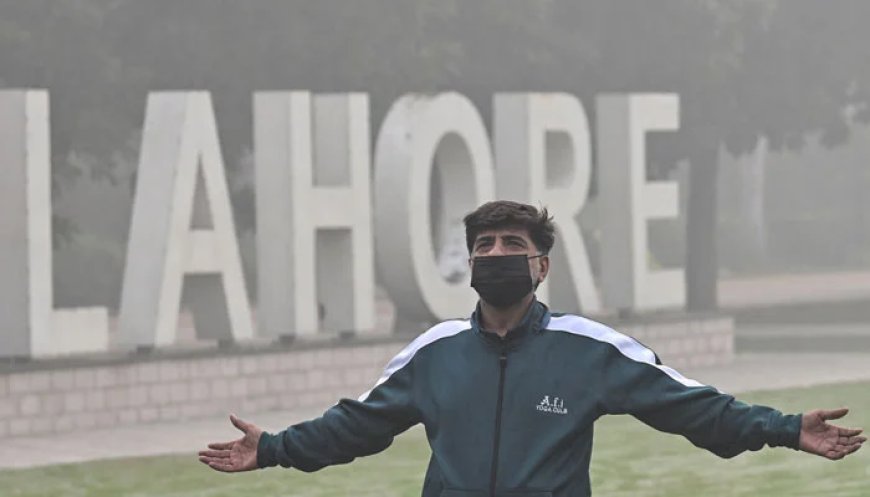After schools, what else has Punjab govt decided to close due to heavy smog?

1. Those who attempt to violate orders will be punished under section 188 of PPC, reads notification
**LAHORE**: The worsening smog crisis in Punjab has prompted the provincial government to implement severe measures, including the closure of schools, yet air quality — particularly in the provincial capital — continues to remain hazardous, leaving residents grappling with poor air conditions.
On Friday, the Environmental Protection Agency (EPA) of Punjab issued an order banning public access to all parks, zoos, playgrounds, historical sites, monuments, museums, and amusement areas, effective from November 8. The directive, signed by Dr. Imran Hamid Sheikh, the EPA's Director-General, will remain in effect until November 17, covering Lahore, Gujranwala, Faisalabad, and Multan Divisions, including the districts of Lahore, Sheikhupura, Kasur, Nankana Sahib, Gujranwala, Gujrat, Hafizabad, Mandi Bahuddin, Sialkot, Narowal, Faisalabad, Chiniot, Jhang, Toba Tek Singh, Multan, Lodhran, Vehari, and Khanewal.
On Friday, Lahore’s air quality index (AQI) soared to a dangerous 860, making it one of the most polluted cities globally, according to IQAir's real-time rankings. By 11:15 a.m., the AQI slightly improved to 613 but remained firmly within the hazardous range.
The government has warned that any attempts to defy these restrictions will be penalized under Section 188 of the Pakistan Penal Code.
The notification emphasized that the Punjab government is actively working to address the root causes of air pollution and improve air quality. "Preemptive measures against all sources of air pollution are already underway by the EPA and other concerned departments," it stated.
Additionally, the notification highlighted the Health Advisory System for Critical Air Pollution Events (HAS-CAPEs), introduced in December 2022. The system led to the first meeting of the Provincial CAPEs Committee (PCC) on October 21, 2024, which declared a critical air pollution event in Lahore due to the dangerously high AQI levels.
According to Section 6(1)(t) of The Punjab Environmental Protection Act 1997, the EPA is authorized to take necessary actions to protect and rehabilitate the environment, prevent pollution, and promote sustainable development.


















































